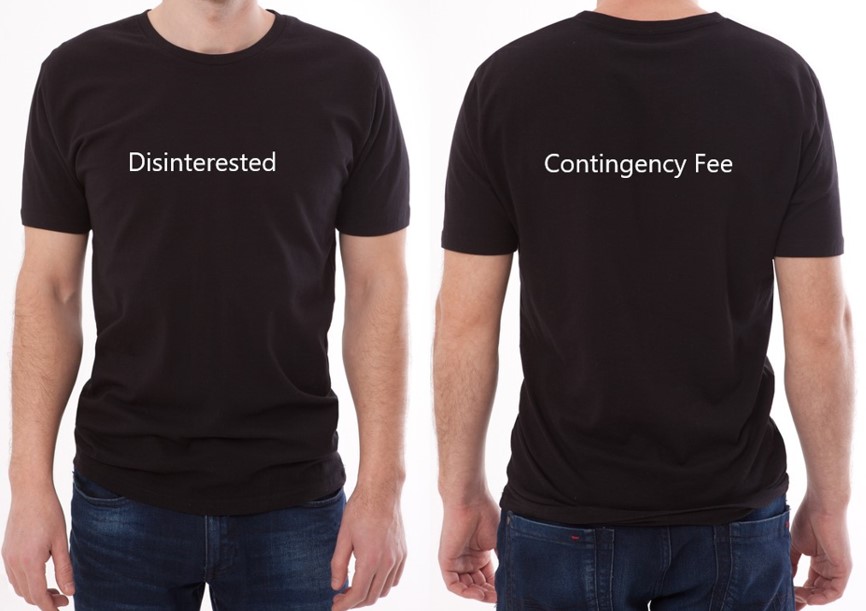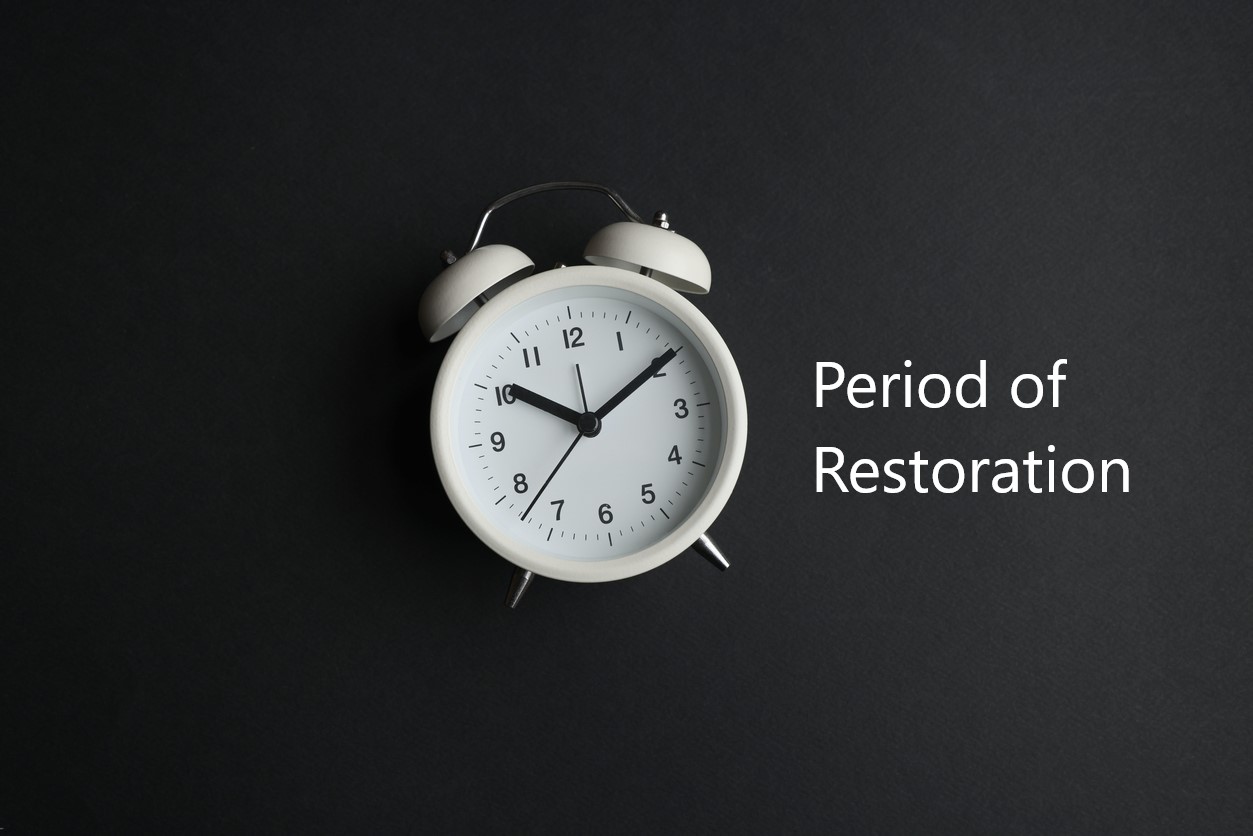A couple of weeks ago, Shaun Marker wrote about a recent insurance appraisal decision out of Florida’s Third District Court of Appeal, Citizens Prop. Ins. Corp. v. Mango Hill Condo. Ass’n 12, Inc., No. 3D10-2014, 2011 WL 613518 (Fla. 3d DCA Feb. 9, 2011). Shaun’s post is over on the Condominium Insurance Law Blog, where he discusses the facts of the case and provides an excellent legal analysis of the holding.
In brief summary, Mango Hill involved Hurricane Wilma damages to a condominium, payment on the claim by Citizens, and later discovered damages. The condominium association reopened the claim and Citizens demanded that it substantiate the damage. The association provided a sworn proof of loss, estimate of damages, engineering report, and submitted to an examination under oath to substantiate the claim. Unsatisfied with the amount of evidence already presented to it, Citizens demanded even more evidence of the loss and balked at proceeding forward with the claim, effectively holding the claim hostage until Citizens achieved full satisfaction that there was a disagreement as to the amount of loss.
This was not the first time Citizens has done this in the Third District of Florida. The Mango Hill decision came fresh off the heels of Citizens Prop. Ins. Corp. v. Galeria Villas Condo. Ass’n, Inc., 48 So. 3d 188 (Fla. 3d DCA 2010), and Citizens Prop. Ins. Corp. v. Maytin, No. 3D10-693, 36 Fla. L. Weekly D51 (Fla. 3d DCA Dec. 29, 2010). Both of these cases involved similar facts in which the insured had provided evidence of a disagreement in the amount of the loss, but Citizens held out and refused to proceed until the insured had established the loss to Citizens’ satisfaction.
The apparent standard set by the Third District in Mango Hill is that as long as the insurer claims the insured hasn’t provided enough information about the claim, the insured must submit to an evidentiary hearing in a court of law before the insurer can be compelled to resolve the case through appraisal. Under this logic, the insurer could potentially hold out indefinitely, making repeated requests for additional information and refusing to proceed in handling the claim.
The Third District has consistently cited U.S. Fid. & Guar. Co. v. Romay, 744 So. 2d 467 (Fla. 3d DCA 1999), for the proposition that there must be “some meaningful exchange of information” before the parties can be compelled to enter appraisal. Merriam-Webster defines “exchange” as “the act of giving or taking one thing in return for another.” By definition, exchange is a two-way street. The irony of this trio of Citizens cases (Galeria Villas, Maytin, and Mango Hill), is that each of them involves facts in which one side gives information and the other side demands more. To make matters worse, this new trio of cases appears to justify Citizens’ position that it need not participate in any exchange of information, but rather sit back and require an insured to file suit and expend considerable resources in litigation, just to substantiate an insurance claim.
The good news for insurance consumers is that the issue is far from resolved. Citizens has appealed at least four other appraisal cases in the Third District of Florida alone. Oral arguments were heard in the case of Citizens Prop. Ins. Co. v. Gutierrez (No. 3D10-2134) on January 31, 2011. The initial brief in Citizens Prop. Ins. Corp. v. Gomes (No. 3D10-3240) is due on February 28, 2011. Oral arguments are set for March 16, 2011, in the case of Citizens Prop. Ins. Co. v. NRI, LLC (No. 3D10-3041). Citizens Prop. Ins. Corp. v. Blaise (No. 3D11-280) was just filed on February 3, 2011. And these are just the Citizens cases. The law will most certainly change as new opinions are published in these cases, so stay tuned to this blog and we will post and discuss each decision as it is published by the Third District.





